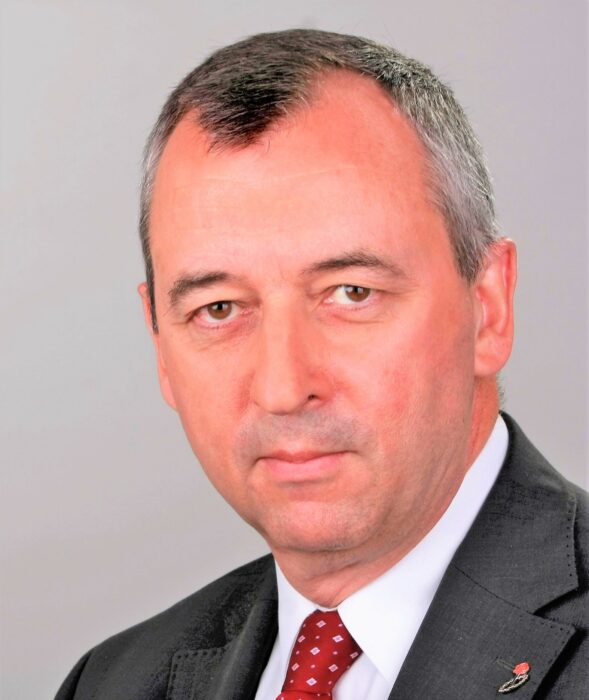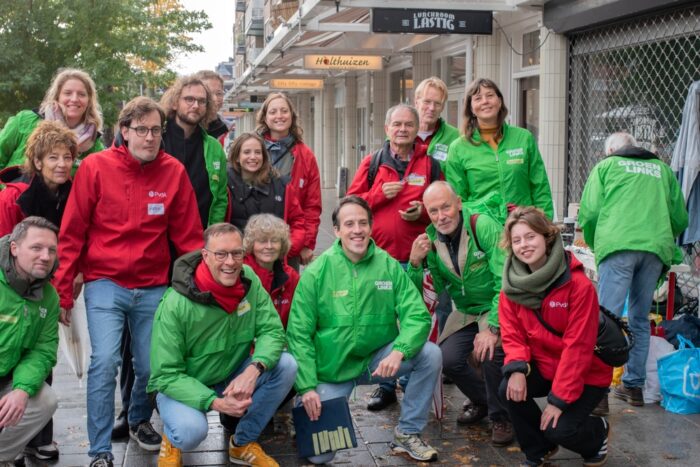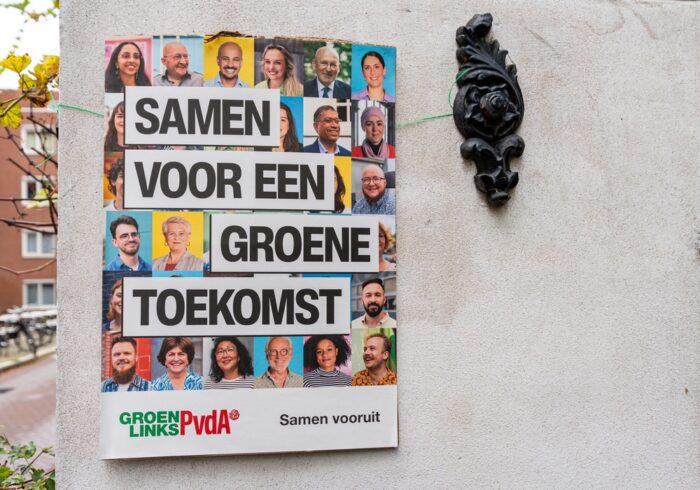The Progressive Post
The Bulgarian parliamentary elections of 4 April and the quest for a new social contract

The big winners of the 2021 parliamentary election in Bulgarian were three new parties, that will now enterparliament and that had championed last summer’s “Things Can’t Go on Like This” protests. The ‘systemic’ parties were punished, with prime minister Borissov’s GERB taking first place but with insufficient votes to form a government, thus opening the possibility of new elections.
The results of the elections on 4 April brought about the eclipse of power for Prime Minister Boyko Borissov’s centre-right GERB party, but did not provide an outcome sufficient for an alternative governing coalition. This result is being broadly welcomed as a first game-changing step on the road to removing GERB’s 10-year-long self-serving hold on power. Yet there is much uncertainty as to the manner and the timeframe of further progress along this road because of the diverse six-party make-up of the parliament that voters produced.
Throughout the summer and autumn of 2020 mass protests called not simply for the resignation of the prime minister, but above all for a “new start” – in fact for a new social contract for all-round change of the status quo. This latter included the demand for a new constitution with a reformed judiciary ensuring accountability of the chief prosecutor. The principal driving force of the protest was disgust with endemic corruption and the impunity of those in power.
Sensing the public mood, Borissov tried to take the initiative in mid-August 2020 with a proposal for immediate elections for a grand national assembly to adopt a new constitution. However, his proposal fizzled out due to collapsing trust in the prime minister and his government.
President Rumen Radev actively supported the protests with the call of “Thugs Out!”, a reference to the long-standing and endemic corrupting imprint of behind-the-scenes power-wielding circles. He also announced his own intention to propose constitutional changes prior to the upcoming presidential elections in October, seemingly favouring greater presidential powers.
In the run-up to the elections the mood was of desire for change, but it was coupled with expectations for practical measures to tackle the Covid-19 pandemic and its consequences. In addition, a background of a certain nostalgia, combined with nationalist messages, was fostered by a broad range of parties plus much of the media.
The results on 4 April were a fair reflection of these diverging expectations. The major shock was delivered by a new party called “There Is Such a People” (TSP), which won second place with 17.7 per cent of the vote – in fact the outgrowth of Slavi Trifonov’s popular TV show, and a phenomenon similar to those in other EU member states. Over the years Slavi’s Show had been broadcasting a powerful anti-systemic populist message for “returning power to the people”, including by the replacement of proportional representation with majority voting and by favouring referenda over parliamentary procedures. This message was coupled with highly emotive mass performances of patriotic pop-folk songs and it proved to be a winning marketing strategy, tapping into the energy of the longings for something new. Two other new entries into parliament also built on their major roles in driving last summer’s protests – the centre-right “Democratic Bulgaria” (DB), a mostly urban-based coalition with 9.5 per cent of the vote, and the centrist “Stand Up! Thugs Out!” formation with 4.7 per cent.
A newly influential factor for change was the active voting of the large Bulgarian communities in the UK, Germany, France, Spain, Italy and the United States, which heavily favoured TSP and DB.
The major loser, despite coming in first, but with only a little over 26 per cent, is GERB. At the end of election night Borissov launched a live Facebook appeal for all parties to come together in forming a government of experts to tackle the health crisis and manage the post-crisis recovery. This was roundly rejected by every one of them, reflecting the overwhelming desire to see GERB decisively removed from power. Added to GERB’s problems was the failure of its nationalist VMTO junior coalition partner to make it over the 4 per cent barrier – a reflection of the failure of the nationalist message to gain meaningful support.
Another significant development was the Movement for Rights and Freedoms’ loss of its traditional key role as the balancing factor in successive parliaments that over the years have alternately favoured either centre-right or centre-left governing coalitions. A predominantly ethnic Turkish formation, this movement has broadly been seen as being in long-standing informal benefit-sharing collaboration with GERB.
The other great shock of the elections was the severe defeat of the Bulgarian Socialist Party (BSP), with far-reaching consequences. Winning less than 15 per cent of the vote, and seeing its support shrink by half so that the party took only third place, the BSP completely failed to achieve its proclaimed objective – as the major opposition party – of decisively winning the elections in order to completely dismantle the whole corrupt model of GERB governance. In the aftermath of the BSP’s defeat, the complete executive bureau of the party resigned, with the exception of its chairwoman Kornelia Ninova, who declined to do so, arguing that the party should not be left without leadership in the decisive weeks and months ahead.
The defining force behind the election results was a deep sense of rejection of the outcome of the last 30 years of neoliberal-dominated transition – a transition that has produced massive deindustrialisation along with flawed privatisation and crony politics, resulting in large-scale unemployment, impoverishment and emigration of a quarter of the population. The new democratic constitution of July 1991, which was adopted in the early days after 1989, has falsely been blamed as the basic reason for the manifold failures of transition. In fact, the key problem has been the virtual suspension of this transition by successive governments that have not wished to submit to the democratic principles and norms of the 1991 constitution as the unifying basis for constructing a social rule-of-law parliamentary republic.
The immediate challenge now is to put together a workable governing coalition in the new parliament. Failure to do so will lead to new elections, possibly alongside next October’s elections for President.
Beyond this, the overarching challenge remains the quest for a new social contract either to uphold the constitution or to opt for discarding it in favour of a new one – an option fraught with risks, given the growing impact of populist and oligarchic forces.
This is a challenge that also demands the urgent re-foundation of the BSP as the driving force for a new broad-based Left coalition, championing a progressive constitution-driven new social contract for a Bulgaria of the 21st century.
Related articles:
Anti-government protests enter the parliament, by Kristian Vigenin, Member of the Bulgarian National Assembly and member of the PES Presidency
Bulgarian elections 2021: checkmate!, by Tsvetelina Penkova, member of the European Parliament in the Group of Socialists and Democrats
Bulgarian elections 2021: shattered status quo and the need to revive the left, by Teodor Slavev, senior research fellow at the Bulgarian Institute for Legal Initiatives




